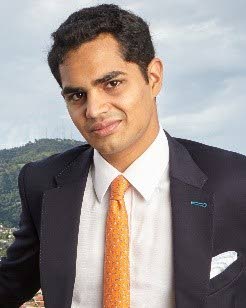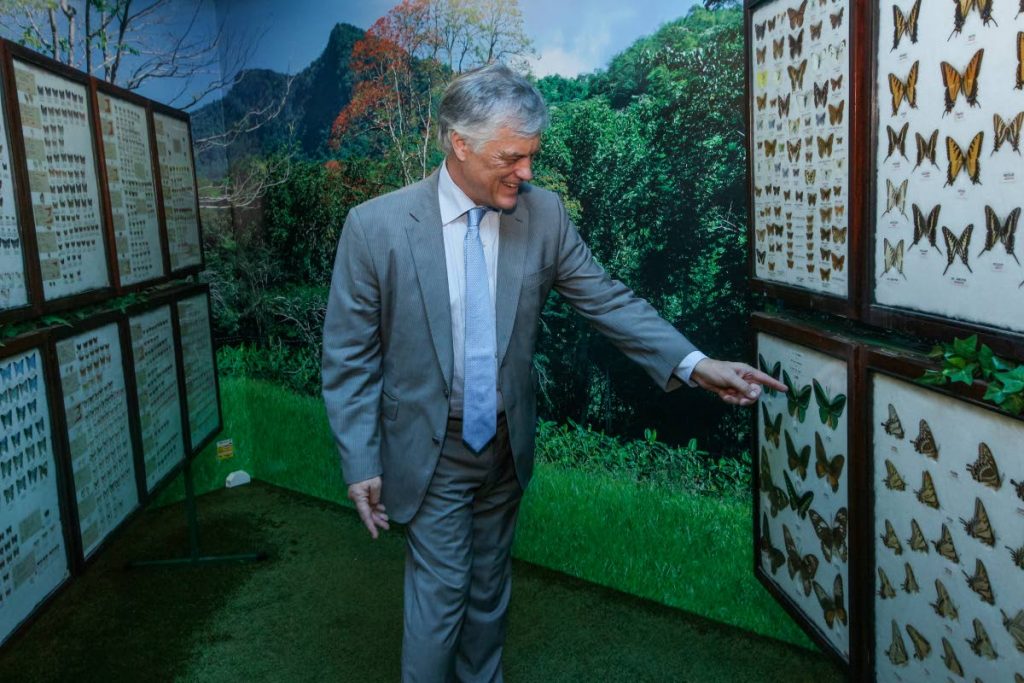Adventure can boost our economy

kmmpub@gmail.com
TT can capture billions of tourist dollars right now, without ploughing huge sums into grand hotels or infrastructure.
The tourism industry is tiny, accounting for barely two per cent of all arrivals in the Caribbean. Other countries treat tourism much more seriously, even when they have the ability to rely on more resources than just sun, sea and sand.
I’m writing this from Barcelona, which relies on tourism for a hefty chunk of its economy. In TT by comparison, tourists are rare creatures outside of Carnival. There is little of the tourist infrastructure that other islands and countries have built up over the years. No large resorts. A narrow variety of relatively expensive restaurants. The public transport, such as it is, is difficult for a tourist to master. It is uncomfortable and, in some cases, unsafe.
Much traditional architecture has been bulldozed. What colonial architecture that remains largely have large semi-permanent roofs thrown over them in a style that can only be described as Trini-post-modernist.
The most beautiful beaches and waterfalls, and the coolest art and film parties remain well hidden, unless you are friends with a local who is in the know.
Then there is the service. While there are some naturally friendly souls working in the service industry, the truth is that many still consider service to be beneath them, and it shows.
But what if this could be turned to the country's advantage? Sure; you might ask. Why would anyone come to a crime-riddled island where the nearest beach is 30 minutes away from the main town, and with nary a mega-resort in sight?
And you do need huge infrastructure to capture the sort of mass market tourism that lure hordes of Americans to resorts like Atlantis and Sandals. But increasingly there is another type of tourist.
They don’t want to go to the same place every year. They find resorts boring. They want the thrill of discovering new cultures, and they like that that can be a little difficult. The American and European millennials that spent their university years backpacking across South America are growing up. Their incomes are growing too, and they are ready to return, this time with money to spend.

TT can capture this market quickly using the platforms at its disposal. In the boom times, many businesspeople snapped up townhouses which now lie empty. There is a large stock of relatively high-end properties that can be converted easily into short-stay homes or airbnbs.
At the same time, artists and musicians – many of them perennially short of cash – can offer tours, including access to the best fetes and parties. I spent some time in Blanchisseuse earlier this year with friends visiting from abroad. A villager came along with us for one of the hikes, and apart from guiding us through to the waterfall, was able to tell local stories that the visitors love.
So many people still operate outside the formal economy, particularly in our most remote (and most beautiful) areas. This could be a way to include them.
Why would anyone want to fly hundreds or thousands of miles to come to a smaller, sub-standard version of Miami? These new travellers are more sophisticated. They want local food. They want local culture. They want to discover a natural world.
We don’t need to depend on the government to build hotels. We can seize the initiative and use the advantages that technology has afforded us to reach the wider world.
Where the government can help is in helping to co-ordinate marketing efforts. This could be done with a pooled public-private international advertising campaign. This also needn’t necessarily cost a lot of money. Instead of large airport billboards, it can use viral marketing and social media, and target audiences in hip areas like New York’s Williamsburg or London’s Shoreditch.
They can also help by hosting workshops on how people can use online platforms (beyond just Facebook) to attract customers from abroad. TT has a long tradition of enthusiasts flying in to pursue niche interests, whether they be hummingbirds at Asa Wright, rare cocoa or butterflies at the Angostora distillery.
There are many other competing destinations. Costa Rica has stunning rainforests. The Dominican Republic has more beautiful beaches. Cuba and Jamaica have rich musical and artistic culture. But all of those things can be combined, in a package that retains the authenticity so prized by the new international traveller.
TT still has the advantage of being “undiscovered.” Time for the adventure to begin.
Kiran Mathur Mohammed is a social entrepreneur, economist and businessman. He is a former banker, and a graduate of the University of Edinburgh


Comments
"Adventure can boost our economy"